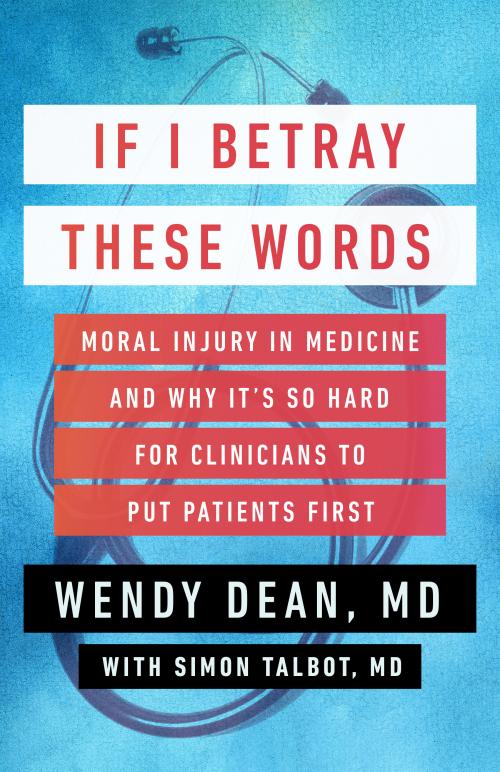It all starts with the length and the intensity of the medical training.
After college, there are years of training in the primary specialty, and more if one wants to subspecialize. In my case, there were 5 years of general surgery, and 2 years of cardiovascular subspecialty. All that after I’ve already completed a full general surgical training in Poland.
The workload was so intense, and the competition was so high, that many surgeons-to-be quit, or were asked to do so. The cases were long and, in the wee days of cardiac surgery, the patients were sick and often didn’t survive the well-intended treatment. This was heartbreaking in pediatric cases.
Early in my residency, I spent 30–40 hours in a hospital, and then went home for a few hours to take a deep breath. We learned to catch some sleep whenever there was an hour or two break in between the cases. The calls from the operator were so frequent, I remember asking her to stop calling me when I had to go to the bathroom. True story from the beginning of my training. I remember scenes from the hospital cafeteria when a resident was urgently called to answer an emergency in the ICU, OR ER. The half-eaten hamburger was left on the table, and we all could see the fellow running to the stairs. When he found me having lunch, my mentor in Poland said, ‘When I was your age, I didn’t eat at all’. Of course it was a left-handed joke, but reflected the culture I grew up in. It didn’t get better when I had my own practice.
I remember the month of my wedding. I got three days off, one for the rehearsal, the second for the wedding, and the third for our honeymoon. Then back to work.
Burnout had started already during the surgical training
https://www.sciencedirect.com/science/article/pii/S0741521418319852
But despite being perpetually exhausted, most of us loved it. It was the only way to learn. We were motivated by the prestige of our chosen profession, the ability to help the patients, and much by money. It was a combination of vocation and mercantilism. We traded our youth for the future of professional fulfillment and financial security.
But often the price we paid was too high.
https://witoldniesluchowski.com/md-stands-risk-depression/
That was during the training. Then we faced the real world. The monetary rewards got better. But the burden of caring for another human being rose exponentially. And I mean not only our patients, but also for our loved ones. We had to make constant choices between a hospital time. And a family time, still reserve moments for personal care, It was so easy to be seduced by the usually satisfying experiences in the office or in the hospital. The patients generally loved us, our staff catered to our needs, and rewards kept coming. But then we came home and our kids not always listen to us. With our grueling schedule, the burden of keeping the household running fell on our wives. The hours devoted to hospital grew, at the cost of time spent in our homes. And when we were present, we were so tired that the quality of our time with our families was often poor. I remember stretch when suddenly many of my friends’ families started falling apart. There were obviously many reasons, but it was hard to watch. Suddenly, we had to start choosing the sides and watch their kids hanging in their new social environments.
One in four doctors’ marriages ends up in a divorce. It’s of interest, that female surgeons have a significantly higher divorce rate than their male counterparts.
We work in a pressure cooker, partially potentiated by our self-imposed moral and ethical values, After all, we had to care for our patients, and the rules established by the payers and our medical society association often collided with our human conscience, or were logistically impossible to implement. So the conflicts followed. It was enough to go and spend some time in the doctors’ lounge, listening to all the complaints and the ad hoc advice on how to fix a broken system.
https://www.medicaleconomics.com/view/physician-author-takes-on-moral-injury-in-medicine-in-new-book
So, inability to handle the workload within the imposed guidelines often leads to depression, divorces, and finally to taking their lives. Doctors have the highest incidence of suicides among the professionals.
Therefore, here you have it. All this, and the inability to leave the problems in the office, often lead to tragic decisions.
Can mental health professionals help?


